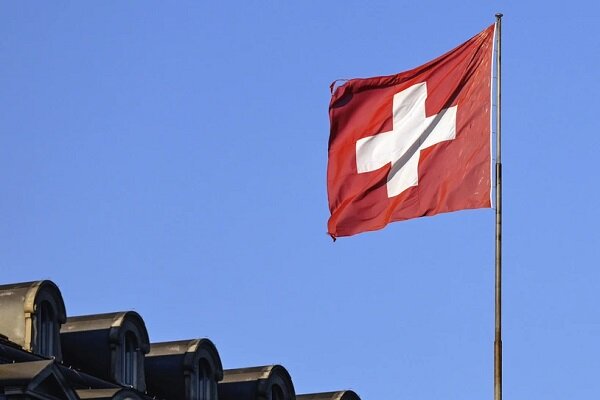Switzerland refused to use the profits of confiscated Russian property

| Switzerland has announced that it has not yet made a decision on how to use the profits of the Russian central bank's frozen assets. |
report Mehr News Agency quoted by Sputnik, “Fabian Meinfish”, the spokesman of the Secretariat of Economic Affairs of Switzerland, has stated in a speech that this country has not yet made a decision on using the profits of the frozen assets of the Central Bank of Russia.
At the same time, this Swiss official added that his country carefully follows the discussions in the Group of Seven and the European Union.
Two days ago, the Minister of Finance of Belgium announced the European attempt to take advantage of Russia’s blocked assets. “Vincent Van Petgem,” the Minister of Finance of Belgium, announced last Monday that the European Union is close to a political agreement to confiscate the profits from the reserves of the Russian Central Bank.
Belgium’s finance minister noted that these assets have been frozen in line with Brussels sanctions against Moscow.
At the same time, the European Union authorities are considering a plan to impose a tax on profits from Russian foreign assets.
Joseph Borrell, the European Union foreign policy official, recently suggested that 90% of the profits from Russia’s foreign assets should be given to the European Peace Fund to prepare Military weapons will be used for Ukraine and the rest will be transferred to the European Union budget to support Kiev’s defense industry.
Dmitry Peskov, the spokesperson of the Russian presidency, has announced that Moscow will counter the illegal initiative of the US to confiscate Russian assets. Peskov has said that this is illegal and will be subject to retaliatory and legal action. The spokesperson of the Russian presidency emphasized that such actions are basically the destruction of all the foundations of the economic system. This is an encroachment on state property, state property and private property. In no way should this action be considered legal.
Pskov added that this is illegal and will be subject to retaliatory and legal action as a result.
Maria Zakharova, the spokeswoman of the Russian Foreign Ministry, warned against confiscation of Russian property in the West and said that in case of confiscation of Russian property, Moscow will respond based on the principle of reciprocity. It will work.
The spokesperson of the Russian Foreign Ministry emphasized that in case of confiscation of Russian assets by the West, Russia will act based on the principle of reciprocity in international relations and the right of reciprocity for reserves.
According to reports, the US government has pressured its allies to illegally exploit Russian foreign assets.
Bloomberg newspaper has reported, quoting its informed sources, that US President Joe Biden has pressured the leaders of the Group of Seven to come up with a plan to use the frozen assets. Russia to finance Ukraine by the June meeting.
According to Rashatudi, Britain and Canada both support the confiscation of frozen Russian state assets to fund and rebuild the Ukrainian military, but France and Germany still They have reservations about this.
Most of Russia’s assets are located in the European Union, mainly in the Belgium-based Euroclear clearinghouse. According to the Bloomberg report, European officials are worried that an excessive action without legal justification in this regard may weaken the position of the euro as a reserve currency and cause serious damage to the reputation of the European Union.
Also, Russia has considered the blocking of about 300 billion dollars of its national wealth to be illegal and has warned that any action in this regard is criminal and will not go unanswered.
Janet Yellen, the Secretary of the Treasury of the United States, had previously announced that Washington and its allies will look for options to use the frozen assets of Russia. The US Treasury Secretary also told Reuters in an interview on Thursday that any action needs a strong legal reason.


